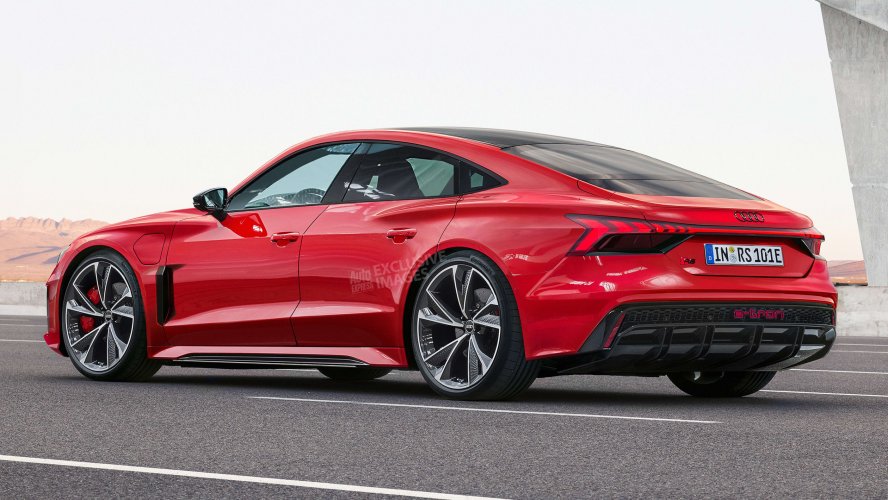Public Lander
New member
- Joined
- Nov 13, 2021
- Messages
- 5
Cordless tools in the trade are used a lot, myself included. The reason,? I carry 2 or 3 chargers and have a minimum of 6 to 8 batteries(all my tools are the same battery) to keep work going. I dont see ANY possibility of caring a 400 pound back up battery for your EV. Just saying.I used to think cordless tools were a joke. Now you can hardly find anyone in the trades who doesn't use battery powered tools. I'll consider an EV once they get the bugs worked out.








